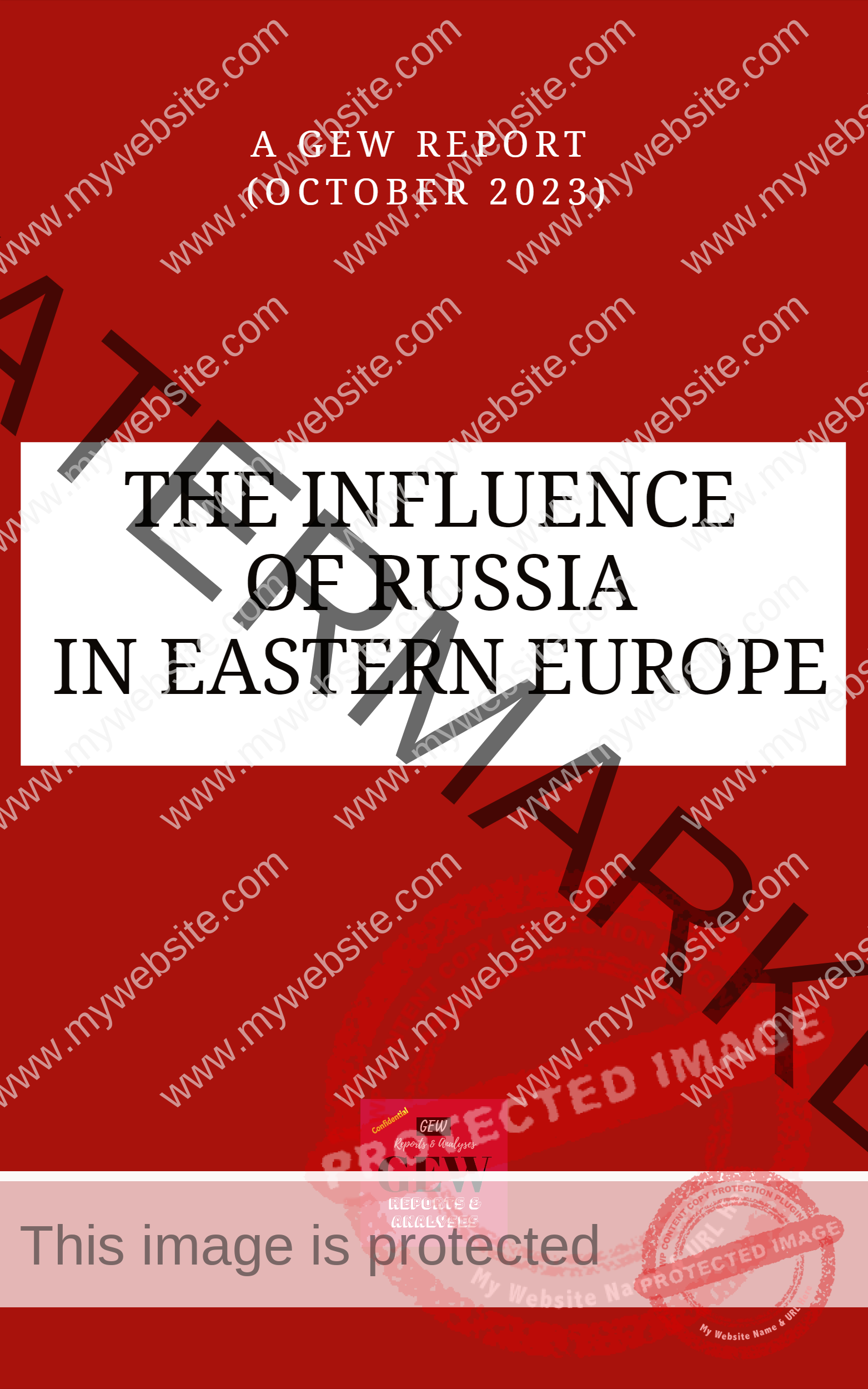GEW Briefing
In the Spotlight: Geopolitical Rivalry Unveiled
On the ever-evolving international relations scene, the Middle East has taken centre stage as a crucial battleground for the strategic interests of global juggernauts. The United States, Russia, and China are shaping the region\’s intricate chessboard, relentlessly struggling for geopolitical dominance. This analysis exposes these titans\’ complex manoeuvres and strategic pursuits, uncovering their quest for control in the Middle East.
USA\’s Dominance: A Sustained Strategy
For decades, the United States has wielded considerable diplomatic, economic, and military clout across the Middle East, aiming to safeguard its strategic interests and maintain stability for its allies. Spearheading peace negotiations and deploying military forces, the US has entrenched its influence, countering opposing powers and securing its regional position.
Russia\’s Resurgence: A Strategic Expansion
In recent years, Russia has significantly bolstered its geopolitical footprint across the Middle East, capitalising on power vacuums and positioning itself as a pivotal figure in regional affairs. Through extensive military engagements, diplomatic initiatives, and energy collaborations, Russia has emerged as a key mediator, challenging established power dynamics and reshaping the regional order.
China\’s Pursuit: Economic Leverage and Influence
Amidst the geopolitical intrigue, China\’s burgeoning role has been fueled by its relentless pursuit of energy resources, burgeoning economic ties, and ambitious infrastructural investments. Through strategic economic partnerships and development ventures, China seeks to fortify its influence and ensure access to vital energy resources, transforming from an economic actor to a geopolitical force capable of reshaping the region\’s trajectory.
Unraveling Complex Alliances: A Nexus of Shifting Powers
The intense rivalry among the US, Russia, and China has woven a fabric of shifting alliances, strategic alignments, and intricate dynamics, heightening the complexity of Middle Eastern geopolitics. Multifaceted manoeuvres continue redefining regional power dynamics, underscoring the interplay of divergent interests and spheres of influence among the three global actors.
The Middle East: A Strategic Crucible
With its strategic significance, abundant resources, and historical complexities, the Middle East remains a nexus of both conflict and opportunity for the world\’s pivotal players. Energy resources, security imperatives, and historical legacies have turned the region into a crucible for geopolitical ambitions, with each major power striving to carve out a strategic niche to advance its national interests on the global stage.
Conclusion: A Continuation of Geopolitical Power Play
In the ever-shifting landscape of international relations, the Middle East is a crucible of strategic significance where the United States, Russia, and China fiercely contest for geopolitical supremacy. Russia\’s resurgent ambitions, the enduring US presence, and China\’s ascending influence converge in a complex tapestry of geopolitical manoeuvring that shapes the region\’s future. As the quest for geopolitical dominance persists, the Middle East remains a testament to the enduring gravity of this pivotal region in the global arena.


